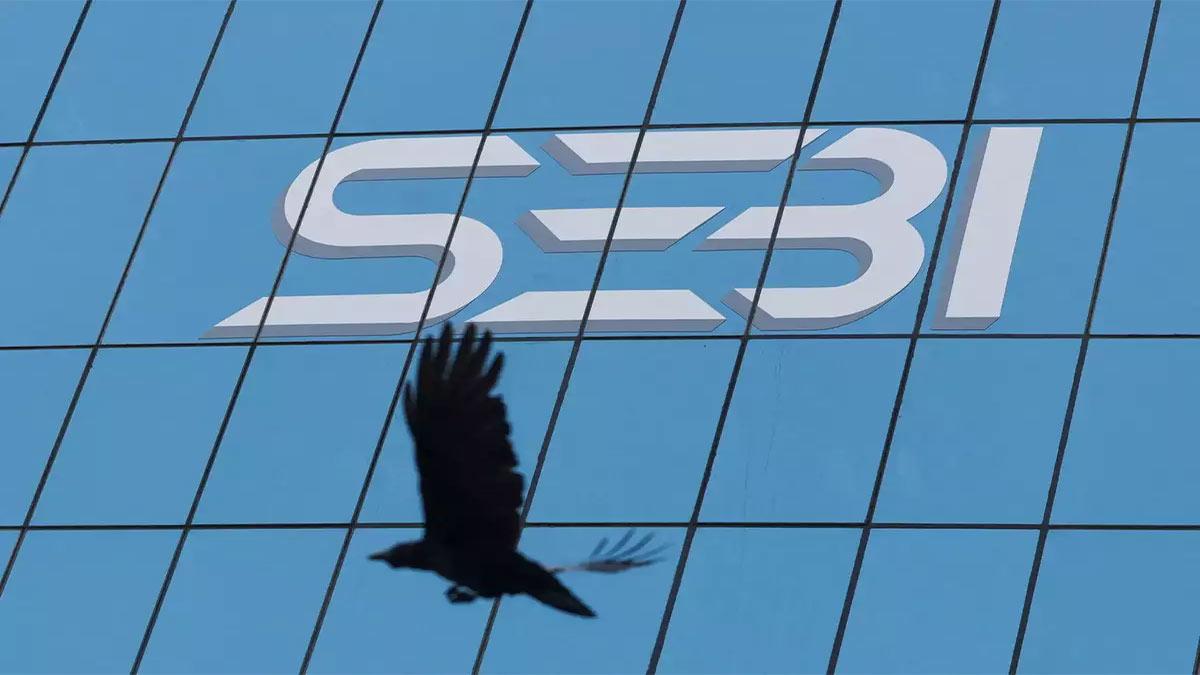The Swedish economy is set to shrink next year due to inflation and increasing interest rates, a government agency said.
The gross domestic product (GDP) per capita is expected to decrease by 0.7 per cent in 2023, the Swedish National Institute of Economic Research (NIER) said in a report.
"High inflation and rising mortgage interest rates erode the purchasing power of households, and they have a gloomy view of the future," Xinhua news agency quoted the report as saying.
Households are assumed to receive some compensation for high electricity prices from the state, but will still have to reduce consumption in the future, it added.
Also read | Swedish Prime Minister announces resignation
The Swedish central bank Riksbank recently raised its policy rate by 100 points to 1.75 per cent, and NIER believes that further raises are imminent.
The agency predicts that the policy rate will stand at 2.3 per cent by the end of the year and remain at the same level during 2023, before falling back to 1.8 per cent in 2024.
The year-on-year consumer price index with a fixed interest rate (CPIF) is expected to reach 7.7 per cent at the turn of the year, before falling to 4.6 per cent in 2023 and to 0.5 per cent in 2024.
During the following two years, it is expected to increase again, but stay slightly below Riksbank's 2 per cent target.
Also read | Opposition blue bloc leads in Swedish parliamentary polls
Unemployment is also expected to increase from 7.4 per cent this year to 7.7 per cent in 2023, before peaking at 8.0 per cent in 2024.
Meanwhile, according to NIER, Swedish consumers have a gloomy view of the year ahead.
The consumer confidence indicator has yet again reached a record-low level, this time of 49.7 (baseline 100). This is considerably lower than in the summer of 2021 when the confidence indicator among consumers stood at 110.
Among retailers, the confidence indicator also decreased, from 91.3 in August to 81.7 in September.


















